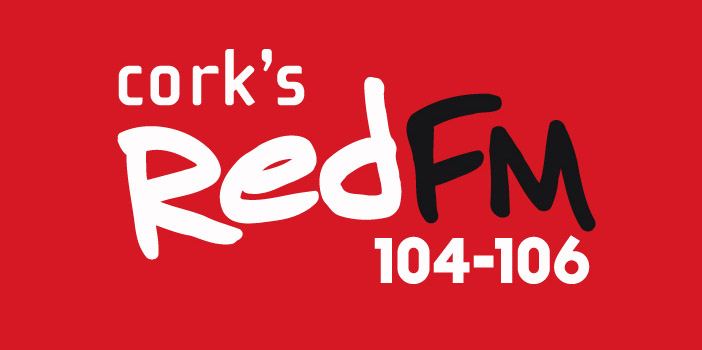The European Banking Authority is considering legally binding rules on bankers’ pay and bonuses, the executive director of the EU-wide banking regulator said in Dublin yesterday.
Adam Farkas said the authority may issue technical standards creating rules governing remuneration in banking, but this was unlikely before the end of the year.
The European Banking Authority was asked by the EU last month to examine pay ratios as part of draft laws on capital and liquidity in the banks, and has until the end of 2013 to do this.
Speaking at the Institute of International and European Affairs yesterday, Mr Farkas said it would be “reasonable” to assume that the authority would stress test the banks again next year and that tests would take place every year.
The authority conducted stress testing of 90 banks in July in an attempt to generate confidence in the European banking sector. The previous year the tests were carried out by the Committee of European Banking Supervisors without regulatory powers.
Mr Farkas said this year’s tests were “a major improvement”. Market perception of the tests this year was “much more positive”.
He would not be drawn on whether the Irish stress test were more onerous that the authority’s tests. All three remaining Irish banks – Bank of Ireland, Allied Irish Banks and Irish Life Permanent – tested by the authority in July passed the EU stress tests.
The previous year’s tests were criticised after the Irish banks passed and the State subsequently required a bailout by the EU and International Monetary Fund due to the rising cost of bank recapitalisations.
European shares fell yesterday to their lowest close in more than two weeks on renewed worries about recession and euro zone debt, and with banks hit by a US lawsuit connected to the packaging of toxic mortgage debt.
Deutsche Bank fell 8.9 per cent, and Royal Bank of Scotland declined 12.3 per cent after a US regulator sued 17 banks and financial institutions over losses on $200 billion of subprime bonds. – (Additional reporting Bloomberg and Reuters)
(The Irish Times, 6th September 2011)



